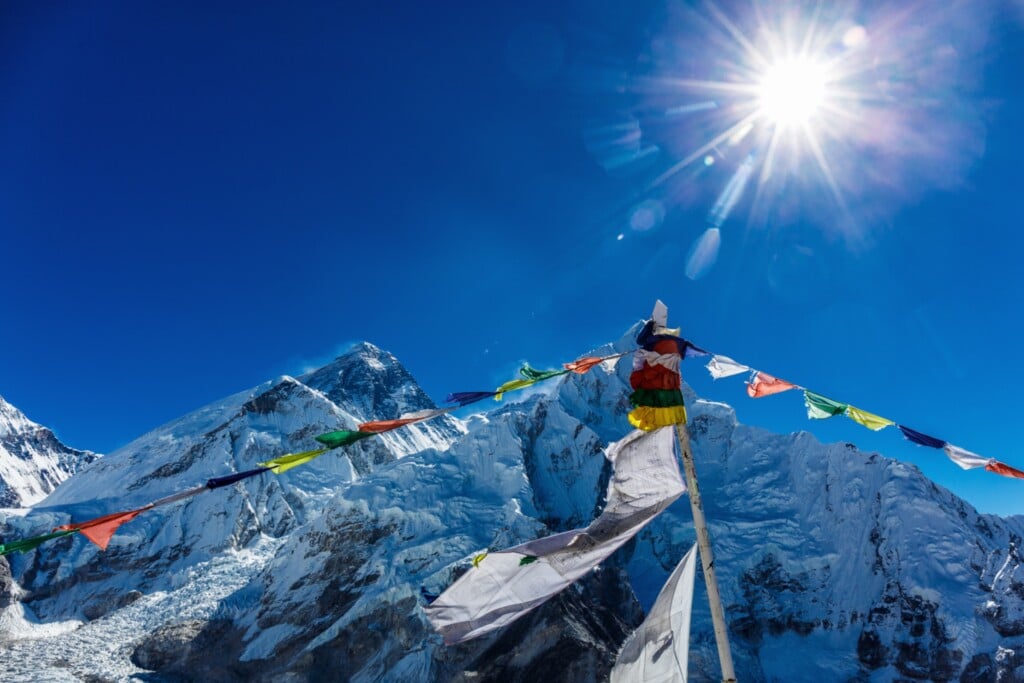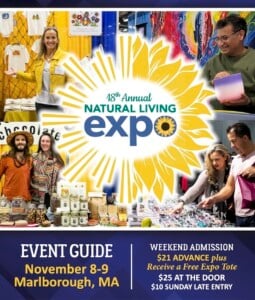Good News Headlines 3/3/2025
Japanese Team Saves Nearly-Extinct Herons by Hand-Rearing Chicks
by Andy Corbley, Good News Network
With Japanese know-how and the unwavering support of Japanese experts, Bhutan’s national bird is being hatched and hand-reared in captivity successfully for the first time ever. The major hurdle to rearing chicks was overcome, and two healthy birds were just hand-reared, bringing the total captive population to five—a crucial lifeline to a bird that numbers less than 100 in the wild. The critically-endangered white-bellied heron faces extinction due to habitat disturbance from human activities and predation.
Antioxidants In Fruits And Flowers Seem To Counteract Harmful Effects Of Microplastics, Study Shows
by Tom Perkins, The Guardian
Antioxidants that give fruits and flowers their vibrant colors seem to counteract some of the most dangerous reproductive-system effects of exposure to microplastics, such as decreased fertility, and could ultimately be used in developing treatments, new peer-reviewed research shows. The paper focuses on microplastics’ reproductive toxicity and plant compounds called anthocyanins, which are widely found in nuts, fruits and vegetables.
France’s Parliament Bans PFAS ‘Forever Chemicals’ In Key Products
by Cristen Hemingway Jaynes, EcoWatch
The French Parliament voted on Thursday for ambitious new legislation to limit the sale and production of some products that contain toxic per- and polyfluoroalkyl substances (PFAS) “forever chemicals,” including cosmetics, most clothing and ski wax. The bill seeks to prevent the import, sale and production of any product that has an alternative to PFAS, except certain industrial textiles that are deemed “essential,” beginning in January of 2026, reported AFP.
Church Center Fully Divests From Fossil Fuels
by Mark Michael, The Living Church
The Episcopal Church has fully divested from fossil fuels, complying with a mandate passed by General Convention in 2015, the church’s Office of Public Affairs reported on December 11. The divestment was completed three weeks before a deadline imposed by last summer’s General Convention, which resolved that “any and all investments in companies in fossil fuel industries remaining in the DFMS portfolio be sold by December 31, 2024.”
Vicuña Poop Creates Biodiversity Hotspots As Glaciers Retreat Rapidly
by Sean Mowbray, Mongabay
The vicuña’s social habit of pooping in the same place could help Andean ecosystems adapt as glaciers rapidly retreat due to climate change. Researchers found that communal loos for vicuñas (Lama vicugna), a wild camelid relative of the llama, in barren and recently deglaciated areas in the high Andes in southeastern Peru are packed full of nutrients that encourage plant growth. These latrines act as little islands of nutrients and biodiversity.











